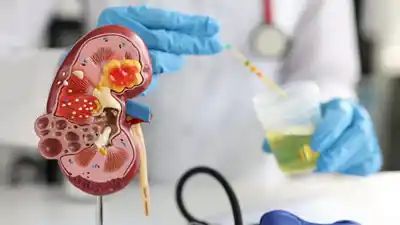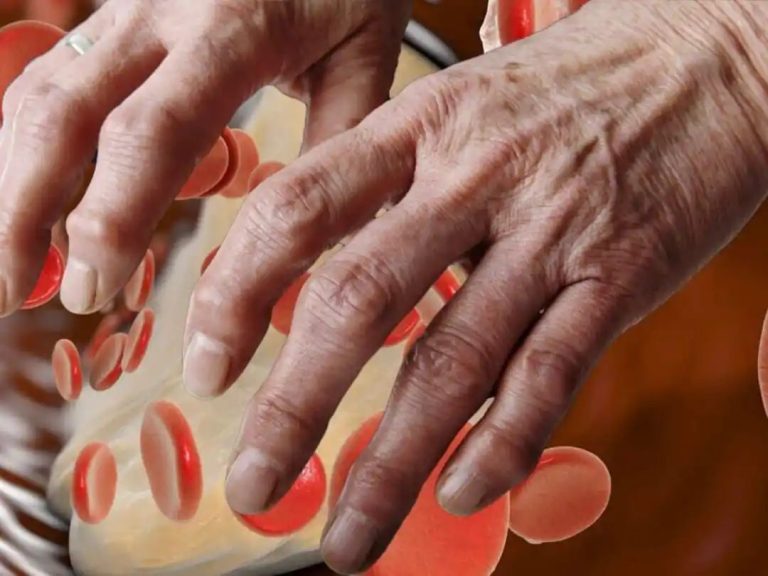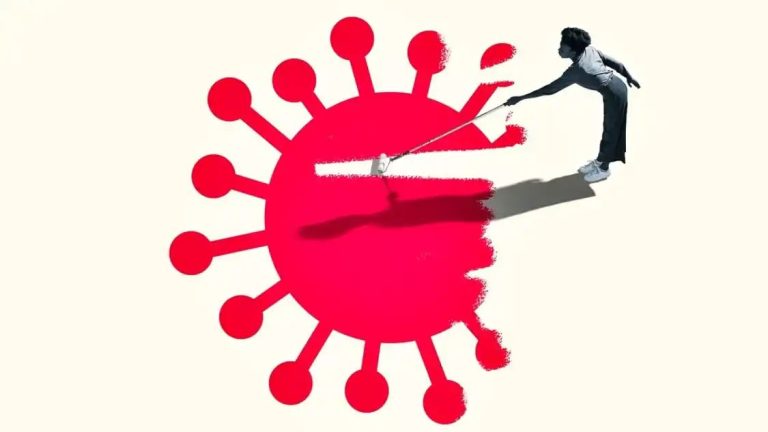Kidney Stones: Here Are The 10 prominent risk factors One Should Know

Kidney stones are hard mineral and salt deposits that form inside the kidneys. Anyone can develop kidney stones, but certain factors can increase an individual’s risk.
Understanding these risk factors is crucial for prevention and management.
“Foods high in oxalate, such as spinach, rhubarb, and almonds, chocolates, and aerated drinks, can increase the risk by supplying substrates for crystal aggregation,” adding, “Oxalate combines with calcium in the urine, generating calcium oxalate stones, the most frequent type.
” Oxalate is an organic acid found in plants,” said Dr Y P Singh Rana, Director Urology-Uro-Oncology, Kidney Transplant, BLK-Max Super Specialty Hospital, Delhi. Here are the ten prominent risk factors for kidney stones that one should be aware of:
Dehydration
Not drinking enough water each day can increase the risk of kidney stone formation. Dehydration leads to concentrated urine, which is more likely to crystallise into stones.
Kidney Stones And Gallstones: Aren’t they Similar? Let’s Find Out
Diet
A diet high in protein, sodium (salt), and sugar, particularly from processed and fast foods, can increase the risk of some types of kidney stones.
Obesity
High body mass index (BMI), large waist size, and weight gain have been linked to an increased risk of kidney stones.
Digestive Diseases and Surgery
Gastric bypass surgery, inflammatory bowel disease, or chronic diarrhoea can cause changes in the digestive process that affect your absorption of calcium and water, increasing the levels of stone-forming substances in the urine.
Family or Personal History
If someone in your family has had kidney stones, you’re more likely to develop them. Likewise, if you’ve had one kidney stone, you’re at increased risk of developing another.





